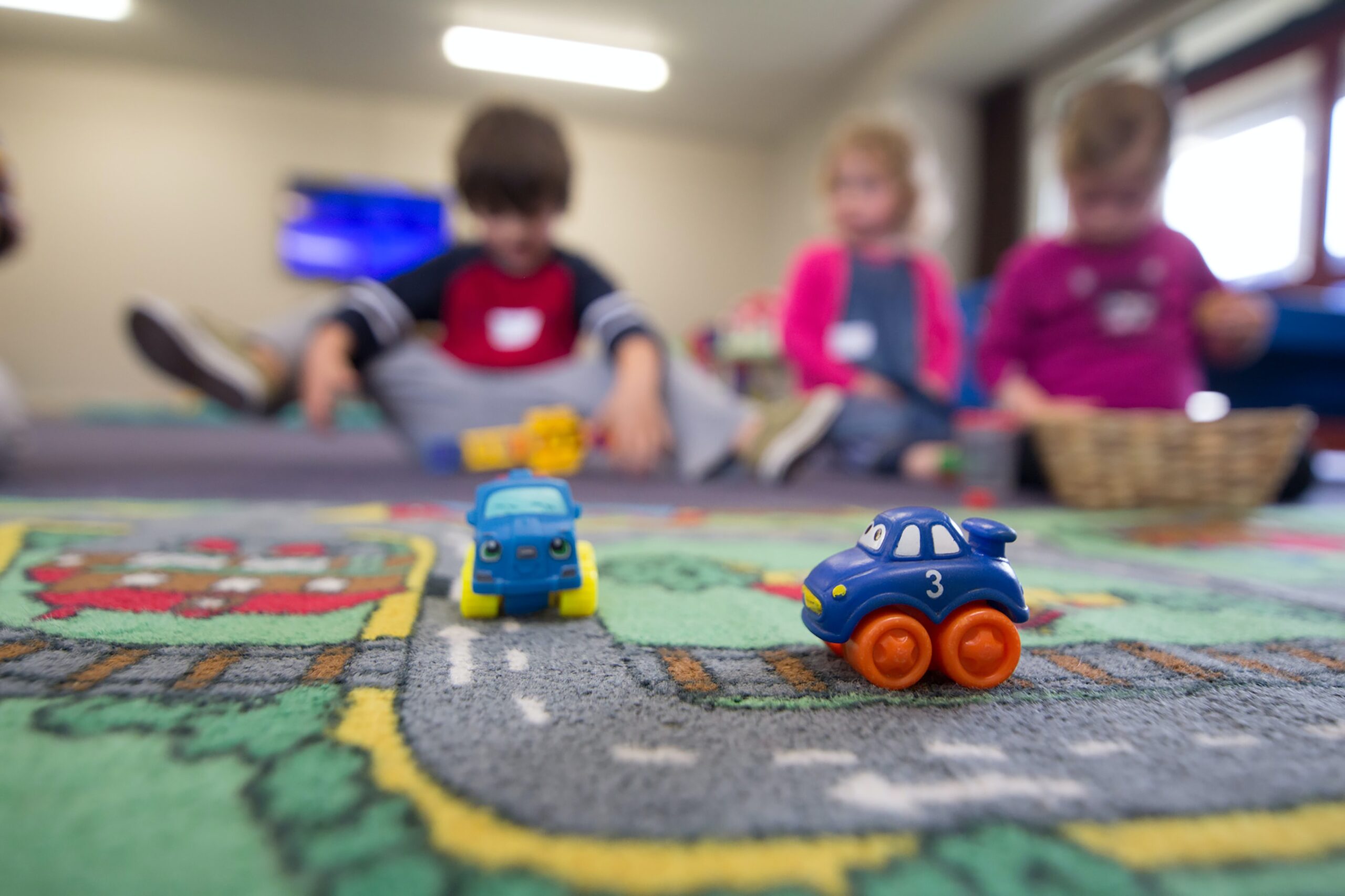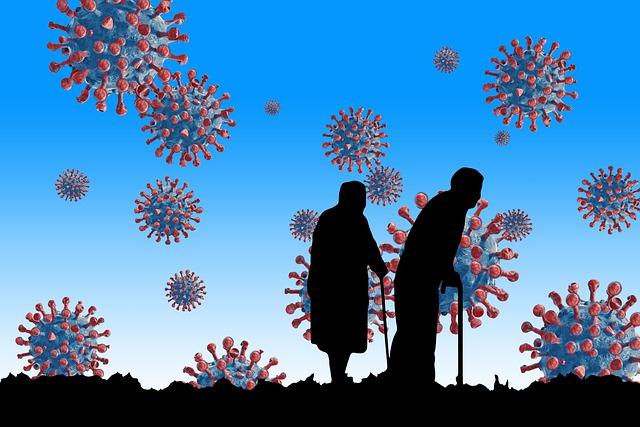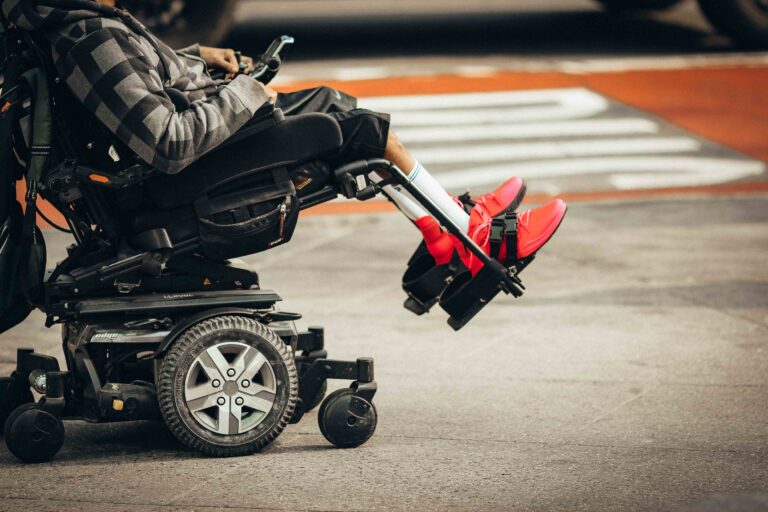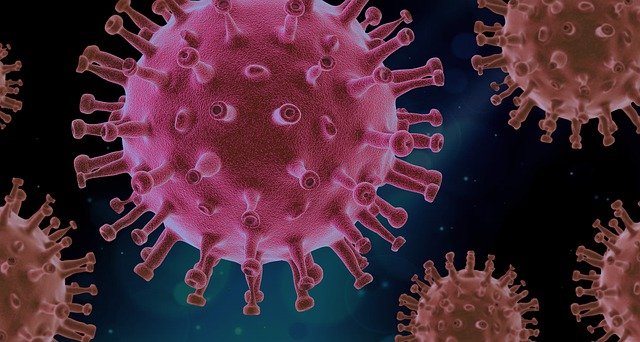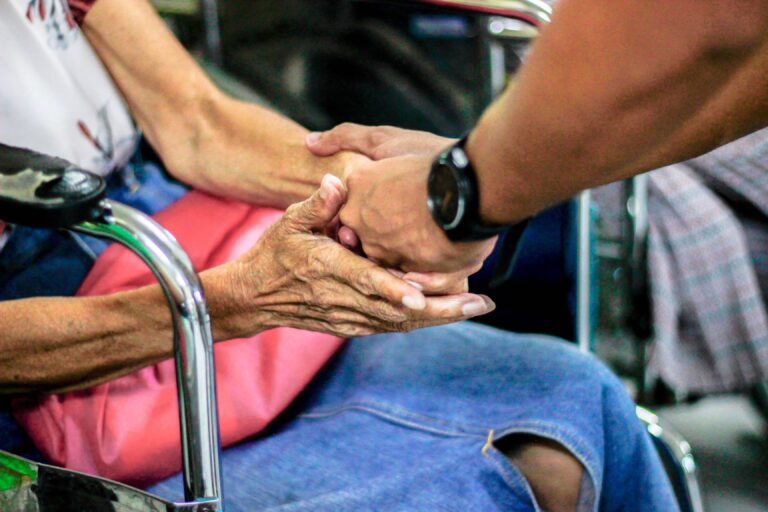Recent developments in the childcare and child protection system in Armenia
by Hasmik Arakelyan
Since 2001, the Armenian Government in cooperation with international and local organizations has been carrying out reforms aimed to establish and strengthen the childcare and protection system. As a result of these efforts the number of children living in residential care institutions has decreased drastically: based on official data from 12,700 children kept in close state education and care institutions in 2001, to 1,429 in 2019. Yet, children with disabilities are still amongst the most vulnerable groups in Armenian society. There are 8,376 children registered with disabilities in Armenia in 2019, which constitutes up to one percent of the child population (765,300 children in 2019). According to the Armenia Poverty Snapshot report for 2008-2018, in 2018, 1.5% of children below 18 lived in extreme poverty and 29.2% lived in poverty. One in every four Armenian children and one in four Armenian females live in multidimensional poverty (A measure of multidimensional poverty captures the complexity, depth and persistence of poverty and offers important information to complement the analysis of monetary/consumption poverty), therefore, in comparison with the entire population, children were exposed to a higher risk of both total and extreme poverty.
The key barriers and system bottlenecks leading to children’s exclusion and institutionalization in Armenia include poverty, disability, lack of community-based family support services (day care, psycho-social support, highly specialized services for families such as counselling, rehabilitation, patronage services, etc.) and family-like alternatives (kinship care, foster care and other forms of family-based care), discrimination, stigma and violence, poorly implemented policies, inadequate budgets, data gaps, quality teaching/learning processes, and inadequate social protection mechanisms, as well as the incapacity of parents and/or their absence to care for their children’s needs, especially for children with disabilities. Besides, the system of protecting children without adequate parental care, living in poverty or with disability is not consolidated, coherent and flexible enough to accommodate the evolving needs of children. The coordination between different state and non-state actors is not enough to ensure good results for children.
The state family benefit package is low and without additional support to carry out this critical role, hence placing a child in an institution is often the only option when the capacity of the biological parents is stretched too thin. Moreover, the support and oversight of kinship care is insufficient and kinship caregivers often take on the extra responsibility of the child when their existing resources are already limited. Meanwhile, foster care services are developing, but at a low pace, as the number of foster parents increased from 25 to 78 in 10 years, but this the number is insufficient compared to the actual need of foster care services.
The Ministry of Labour and Social Affairs delegates state outsourced services to NGOs in communities, where there are no services for children. The NGO run day-care centres fill significant gaps, providing much-needed services and follow-up support for these children, but they are mainly placed in big cities limiting the access of families from remote villages and their coverage is typically limited, non-uniform, and they lack sustainability.
The state outsourced services include day care and support services for children that reunified with their families as a result of the transformation of residential care institutions. While the Deinstitutionalisation reform targets children with disabilities (with the introduction of specialized foster care and expansion of alternative community-based services), there are three specialized orphanages in Armenia for children with disabilities. The Deinstitutionalisation process of children with disabilities is more complex due to the inability of parents to accept their children back to their families and/or lack of alternative care solutions for this target group of children. A child with disabilities and/or mental health issues may need a rehabilitation service, however, the state is not able to provide the required support due to lack of those services. However, child protection experts in Armenia state that the new Government has a vision and demonstrated ownership of child protection and child de-institutionalisation process. Quantitative data also indicate this through considerable reduction of the number of children in residential care institutions for the last 4 years, from 3971 children in 2015 to 1429 in 2019. COVID-19 pandemic has also prompted the MoLSA to set the necessary preventive and social assistance (cash plus assistance) programs for children and families in difficult life circumstances, in particular children with disabilities. The demand for these services is getting bigger, due to unemployment/loss of employment of parents, increased violence in the family, social deprivations.
Summarising, further efforts are needed to ensure that initial results are not reversed: prevention of re-institutionalization of children who returned to biological/extended families should be prioritized and community-based services for children with disabilities should be expanded and made accessible to children and families where they live. Besides, mix of services should be diversified in a way that various possible situations and needs of children are considered, including children with emotional and mental health issues, with challenging behaviour, or victims of abuse.

